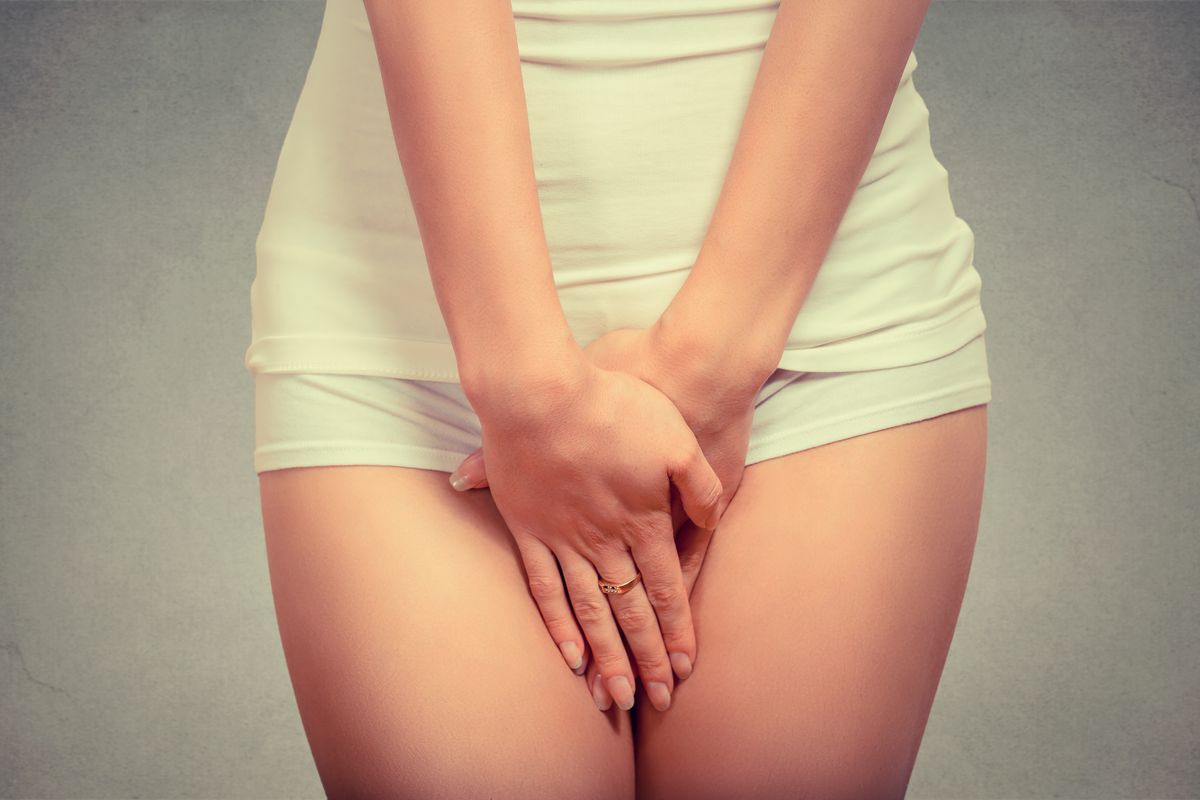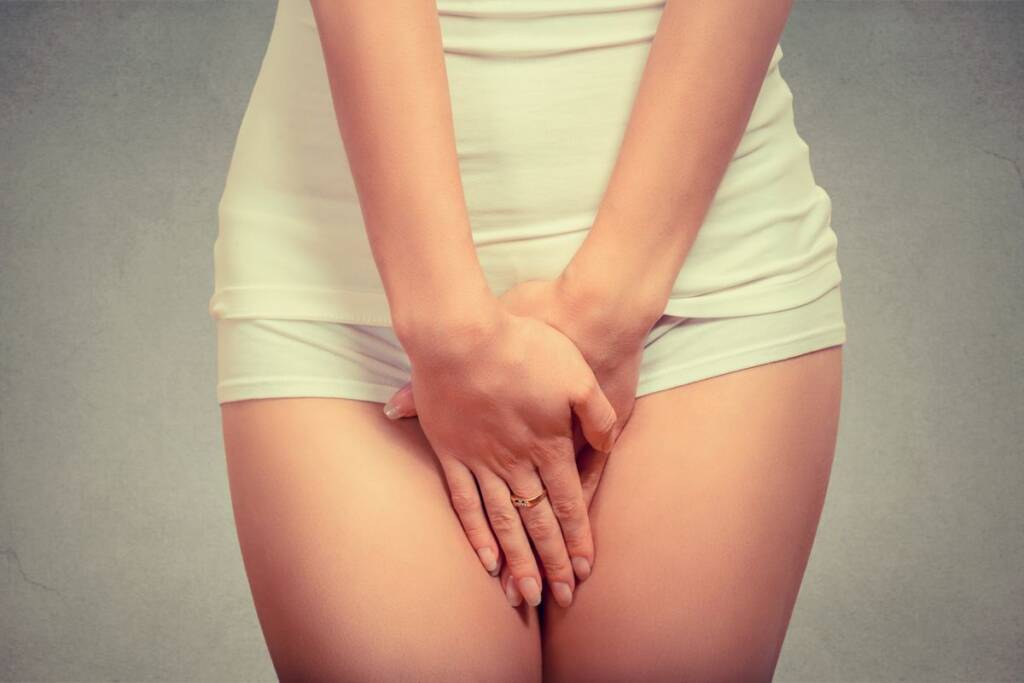Health
What is vulvodynia, the syndrome that causes chronic pelvic pain

Vulvodynia is a gynecological syndrome that affects many women: let's find out what the causes, symptoms and possible therapies are.
It's called vulvodynia, or vulvovestibular syndrome , and it's a disease characterized by intense pain in the external or internal area of the female genitalia. It affects many women, but the exact number is not certain: in fact there are many who, out of shame or lack of knowledge of the problem, prefer not to go to the doctor. And even those who do don't always get an accurate diagnosis due to poor knowledge of the disease. Let us therefore try to clarify this pathology, which is so widespread, but still so little known.
Vulvodynia, the causes
The term vulvodynia refers to that chronic pain that afflicts, for no apparent reason, the area surrounding the vulva. The cause of this disease has not yet been discovered, but the evidence has brought to light some risk factors. You are more likely to suffer from vulvodynia if you have previously had injury or irritation of the nerves in the vulvar region, hormonal changes, recurring inflammation or spasms of the pelvic floor muscles, causing pelvic pain .
It is also important to understand if, hidden by vulvar pain, there is some other pathology . In fact, vulvodynia could be a symptom of problems such as interstitial cystitis, endometriosis, fibromyalgia, irritable bowel syndrome , uterine fibroids and infections .
This disease, which until recently could be defined as unknown, has attracted more and more attention due to the activist Giorgia Soleri who, suffering from it, has spoken about it publicly, fighting in the front line for its recognition.

Symptoms of vulvodynia
The pain caused by this disease is characterized by the strong burning with which it manifests itself and by the pins and needles sensation that affects the area. In addition, other symptoms may occur such as irritation, vaginal dryness , dyspareunia (painful sexual intercourse), itching, frequent cuts in the area and swelling. The pain can occur intermittently and occur only in particular conditions (for example after urinating or in a sitting position) or be constant.
Vulvodynia, cure
There is still no real cure for vulvodynia. However, there are treatments that can help ease the painful symptoms. In some cases electrostimulation is used which can help to relax the muscles and, later, to reduce inflammation of the affected nerves. Biofeedback , on the other hand, can help decrease the perception of pain. Then there are drugs that can be prescribed by the doctor and which have the purpose of interrupting the communication of the nerves, thus relieving the painful symptoms. Having said that, it is a disease from which at the moment there is no cure but whose symptoms can alleviate to the point of disappearing even for long periods.
Giorgia Soleri and vulvodynia
As already mentioned, Giorgia Soleri, between 2021 and 2022, turned the spotlight on this disease, speaking about it through social media but also on television. His request? That this disease is finally recognized: she herself also said that it took her eight years and dozens of opinions to arrive at a diagnosis. A period of time that to date is the one estimated as the average before understanding what one is suffering from. All with evident psychological discomfort given by the lack of understanding and the sense of solutine that invisible and unacknowledged diseases are capable of causing.
“There were years of waking up in pain, eating in pain, going to school in pain, going to bed in pain. Most of the time I didn't sleep because of the pain. He was my most devoted companion, silent but always present. Obsessive and possessive. Enough to push away everything and everyone, as in the most classic of toxic relationships ".
Words that fully describe a problem that many women experience every day without knowing they are not alone, without receiving the right care and without having the understanding they deserve.
Riproduzione riservata © - WT











